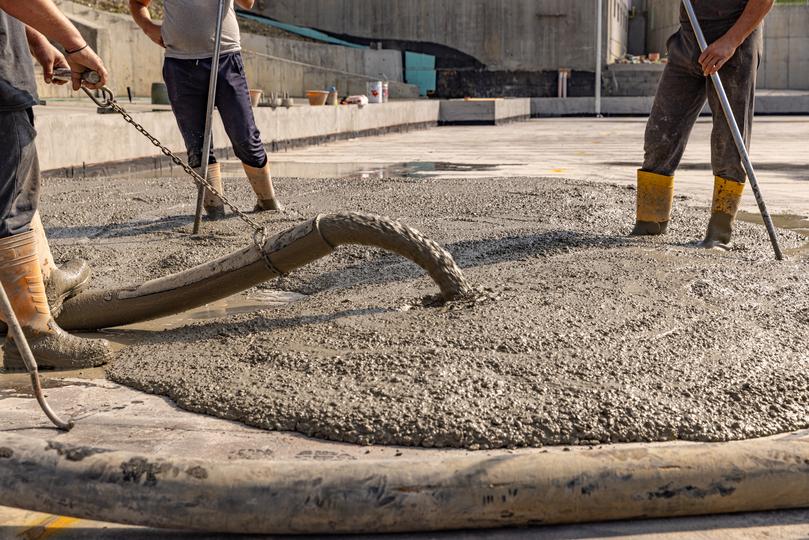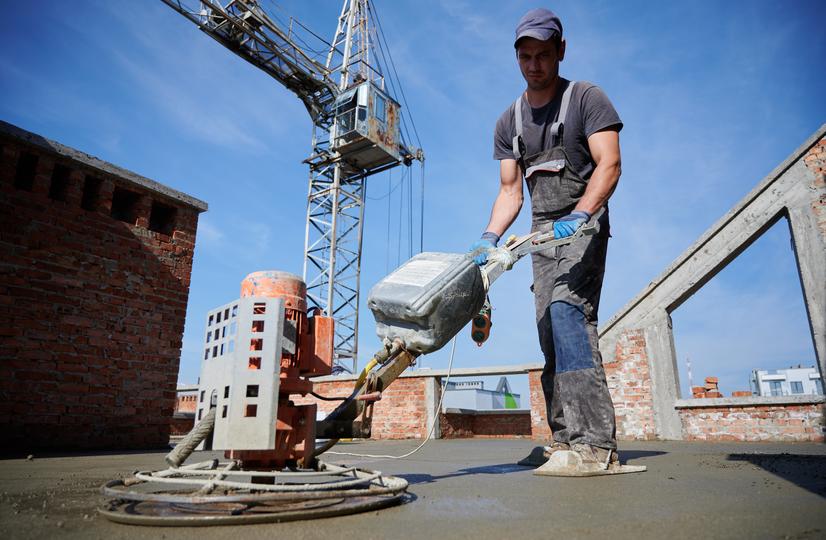Planning a Basement? Find Expert Concrete Basement Contractors!
Build a Solid & Dry Basement with Trusted Concrete Professionals

Explore Concrete Solutions for Foundations, Patios, and More
Finding the Right Basement Contractor Is Easy

- Tell Us About Your Basement Project
- Provide details about your basement, including size, type (walkout, full, or partial), and any special requirements like waterproofing or egress windows.
- We Connect You With Local Contractors
- We'll match you with experienced concrete basement contractors in your area who have expertise in basement construction and waterproofing.
- Compare Quotes & Choose
- Review quotes, compare contractor portfolios and experience, and choose the best fit for your budget and project needs.
- Get Your Basement Built Professionally
- With a skilled contractor on board, you can relax and enjoy the process of creating a beautiful and functional basement space.
Why Choose ConcreteMatch for Concrete Basements?
The smarter way to find Concrete for Basements contractors

- Experienced Basement Construction Experts
- We partner with contractors who specialize in all aspects of basement construction, from excavation to finishing.
- Waterproofing & Drainage Solutions
- Our contractors have expertise in waterproofing and drainage techniques to ensure your basement stays dry and mold-free.
- Competitive Quotes & Transparent Pricing
- Get multiple quotes from basement contractors and compare prices easily. We believe in transparent pricing to help you make informed decisions.
- Save Time & Effort on Finding Contractors
- ConcreteMatch streamlines the process of finding the right basement contractor, saving you time and effort on research and vetting.
- Increase Your Home's Value & Living Space
- A finished basement adds valuable living space to your home, increasing its functionality and overall worth.
- Free & Easy To Use
- ConcreteMatch is completely free for everyone. Find your perfect concrete basement contractor today!
Need a Basement for Your Commercial Property?
Concrete Basements for Commercial Buildings
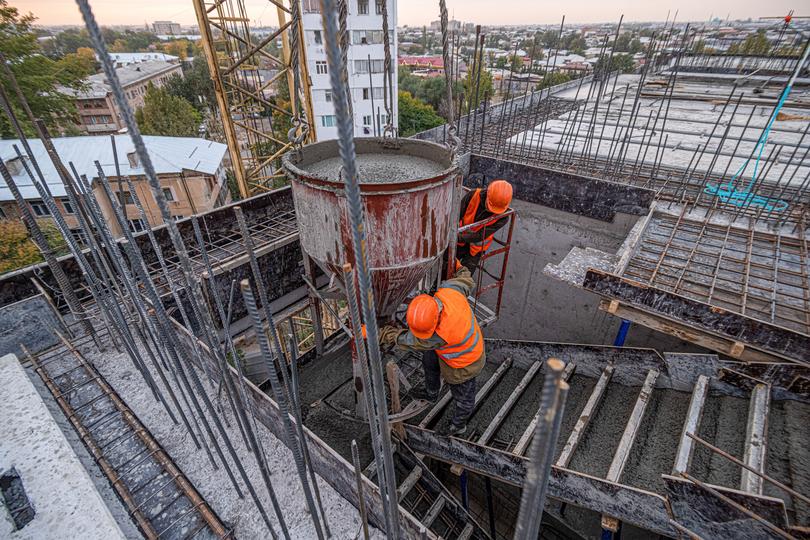
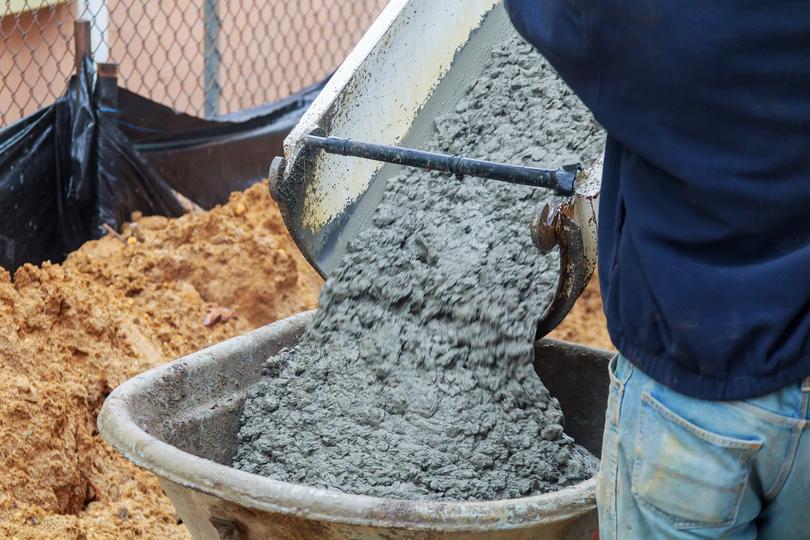
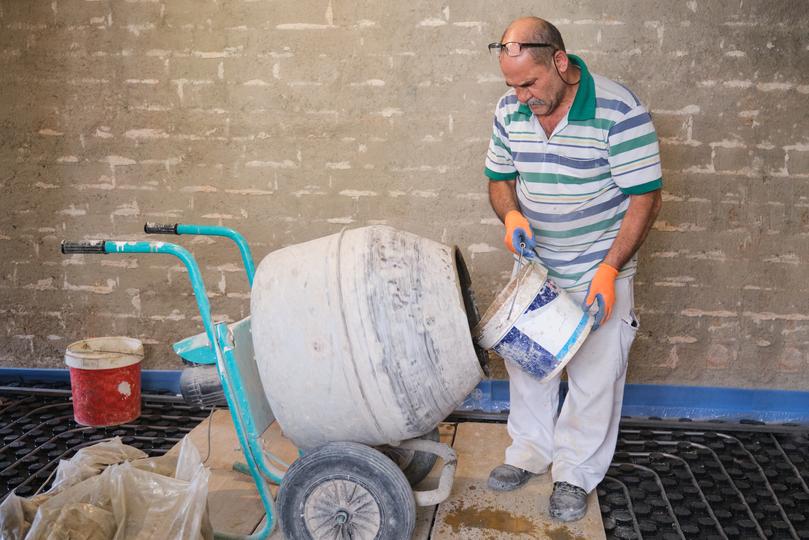

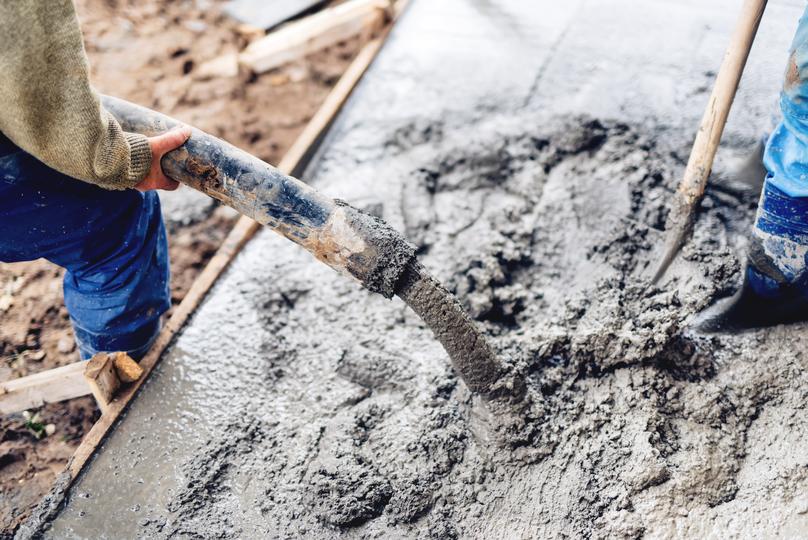

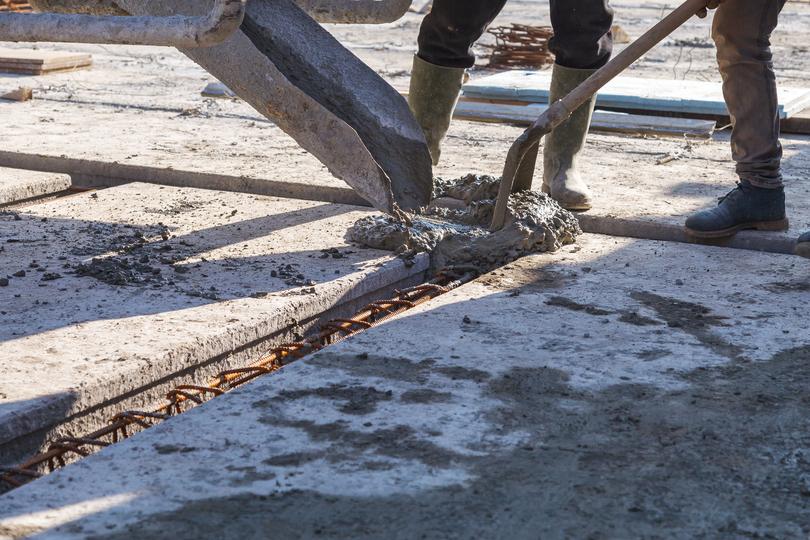
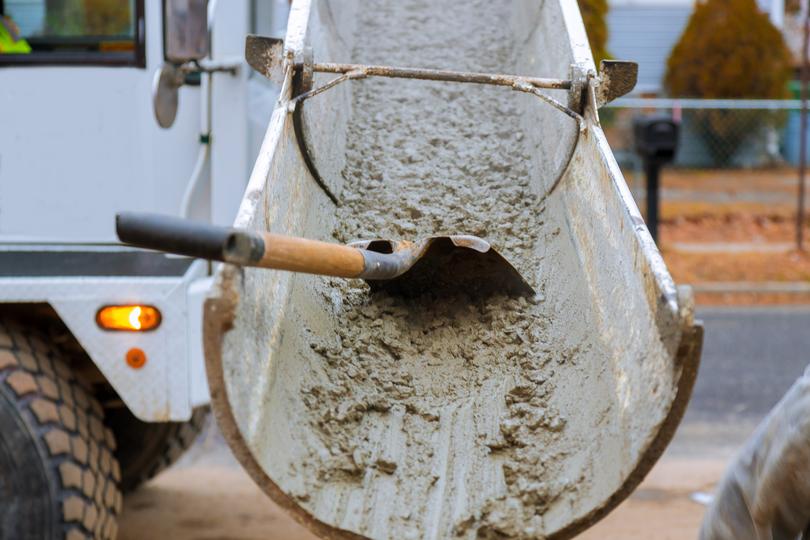
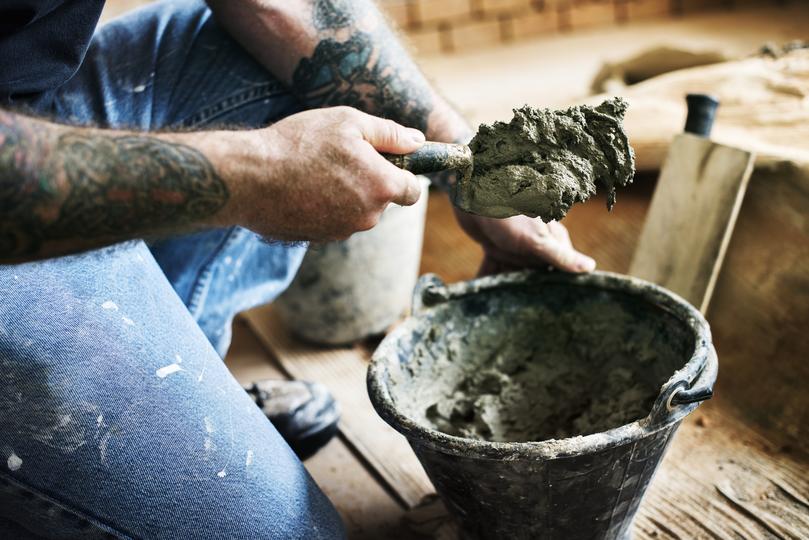
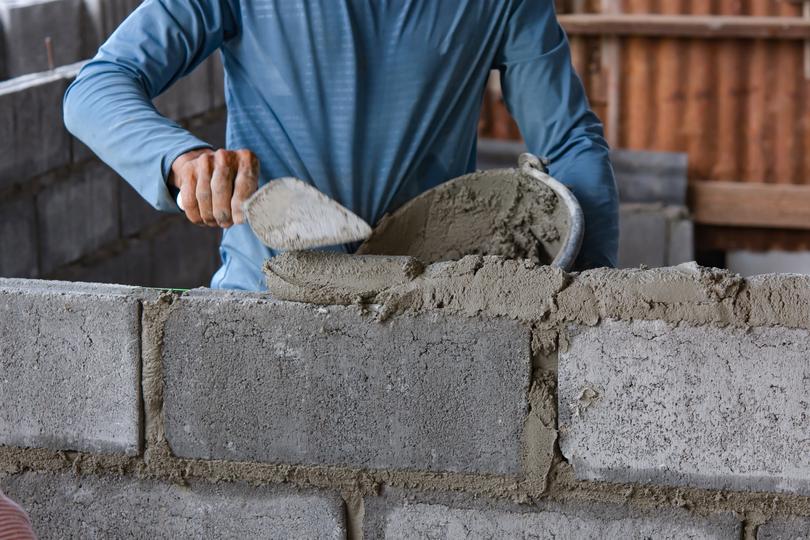
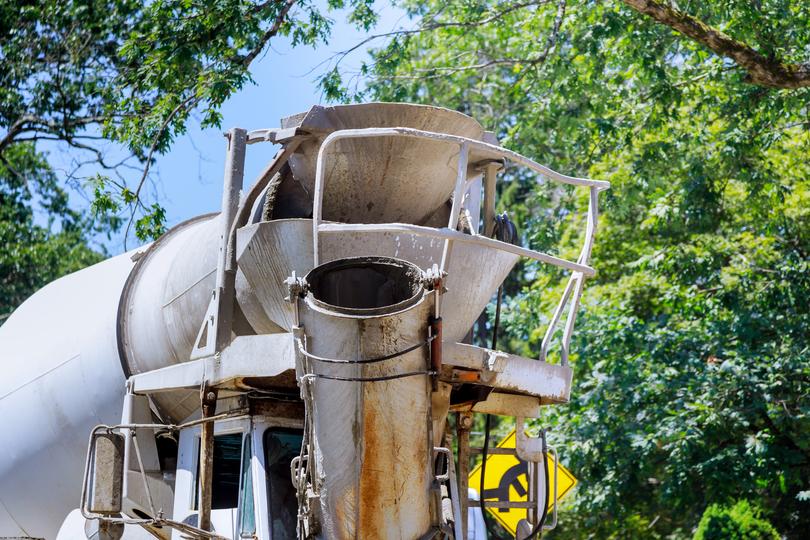

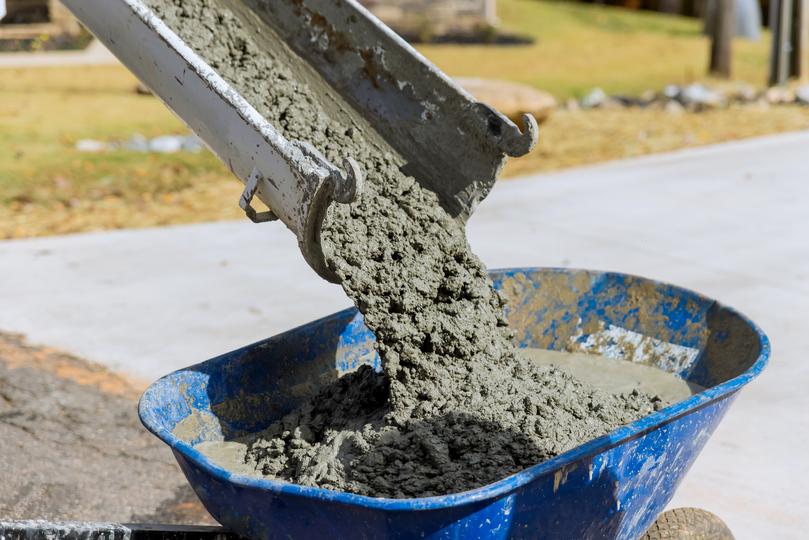
More Concrete Projects Around Your Home?
Other Residential Concrete Services
